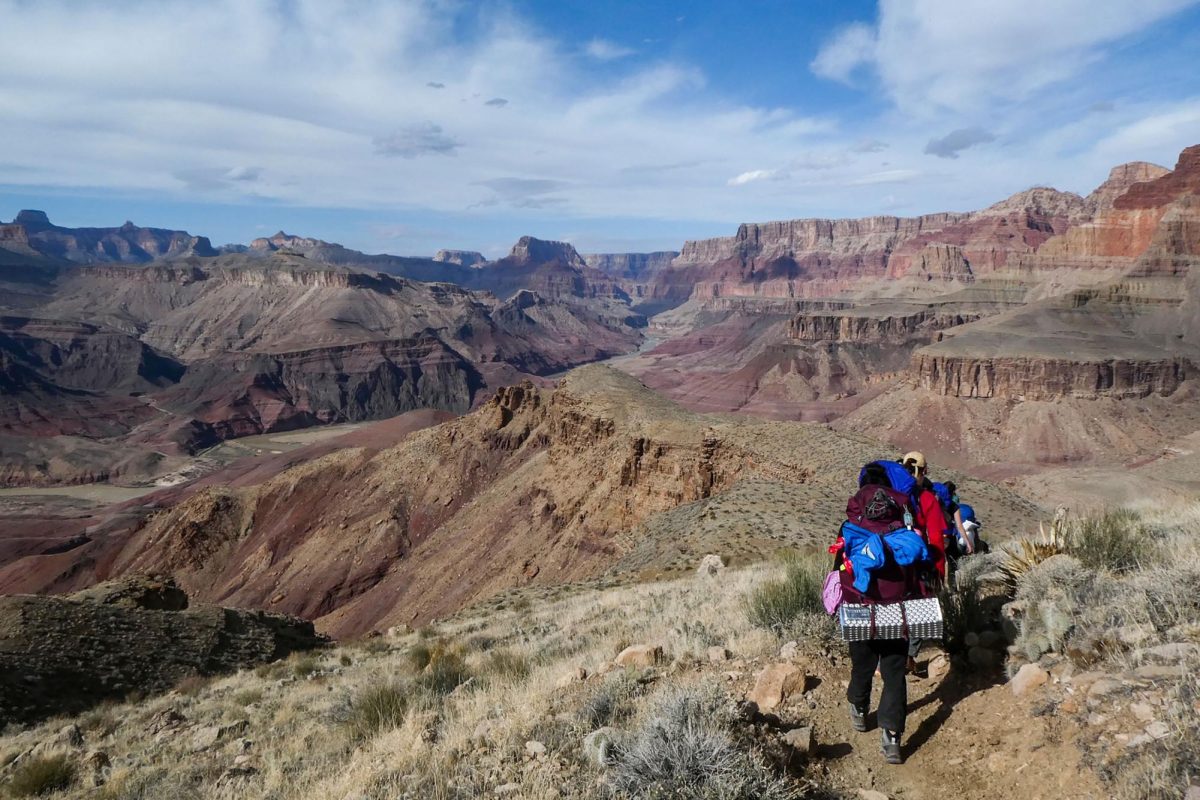Law enforcement in northwest D.C. will soon implement a new technology designed to identify any gunshots in the area.
ShotSpotter is a fine-tuned audio recorder which can identify the sound of a muzzle blast and then instantly alert the Metropolitan Police Department. The technology is already used in MPD’s 7th District, located across the Potomac River, where it recently helped determine police did not fire the first shot in the controversial death of a 14-year-old boy.
D.C. Councilmember Jack Evans, who represents the Foggy Bottom area, said in a statement that he wants to bring ShotSpotter to this area. He began negotiations with the ShotSpotter Company last week and said he thinks his constituents support the idea.
“I will be working with the mayor, (police) Chief (Cathy) Lanier, and our budget folks to identify funds – hopefully in this fiscal year – to help make this project a reality,” Evans said in the statement.
He is looking specifically at the Shaw and Mount Vernon Square areas, which have the highest incident of gun crimes in the ward. The area covered by the ShotSpotter sensors would extend to 16th Street, bordering Adams Morgan.
Evans estimated that installing the technology would cost about $500,000. The Federal Bureau of Investigation funded the installation in the 7th MPD district – which cost “millions,” according to Traci Hughes, a spokesperson for the MPD.
The technology is used in 20 cities around the country but has never been installed on a university campus. Jack Pontious, director of ShotSpotter for the Eastern region, explained that the system is normally used in high-crime urban areas and by the military.
“The campus itself is pretty safe. Is it worth that kind of money to put sensors up around campus on the rare occasion that we might get a muzzle blast?” Pontious said. He added that his company has spoken with Virginia Tech, prompted by the shooting there this past April.
MPD spokesperson Traci Hughes said the technology could take on a different role in a university area, where it may discourage students from using a gun.
“On a college campus it may be a preventative tool,” Hughes said.
Hughes described the technology as another way to aid investigations.
“ShotSpotter cannot be the only thing that we use when we conduct an investigation, but it has been helpful,” she said.
Hughes added the system is not primarily a preventative measure, although it has allowed MPD officers to respond to a gunshot and arrest the perpetrator within minutes.
Jackie Ward, a member of the Advisory Neighborhood Commission 8A, lives in the 7th District and said she thinks the technology helps the community.
“As far as the ShotSpotter is concerned we are 100 percent in favor,” Ward said. “It helps when you have some people who don’t want to call or don’t want to be involved.”
UPD Chief Dolores Stafford said that she has not heard of any shots being fired near campus “in years.” Stafford added the technology would have been of little help in investigating the three armed robberies near campus last week, as the perpetrators did not fire any guns.
While the technology does store records of all gunshots, Jack Pontious of ShotSpotter stated that it is not a threat to privacy.
“We’re only recording things that go bang,” he said. “The acoustic fingerprint of a gunshot is very different from other types of noises.”
In the case of the DeOnté Rawlings, who was shot and killed during an alleged gunfight with an off-duty police officer, the ShotSpotter recorded both the officer’s handgun and that of another individual. Critics of the police report claimed that the officer, James Haskel, fired on the boy without provocation.
“We can put two guns at the scene at the exact location and the exact number of rounds that are fired,” Pontious said. “We can tell you that gun shot first. It just saves the city money on that kind of potential case.”







